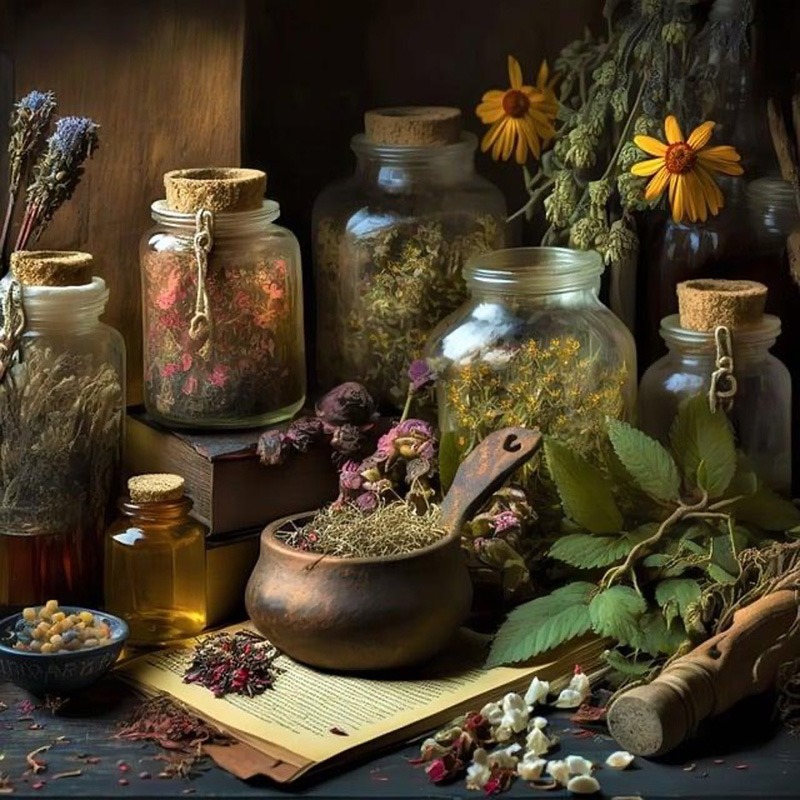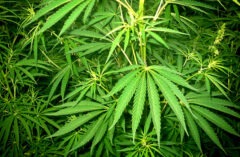Table of Contents
Last Updated on March 22, 2024 by Team Spinfuel

A large number of people prefer natural remedies due to their lower adverse effects compared to conventional medicines. The use of herbal medicine in treating and preventing disease is increasing worldwide, which can be explained by improvements in analysis and quality control, to say nothing of the advances in clinical research. Herbs are readily available and tend to be more affordable, more closely corresponding to patients’ needs. Past good experiences, dissatisfaction with conventional treatment, and family traditions are just some of the reasons why herbal remedies are the preferred treatment.
More Often Than Not, Scientists Are Unsure Why Herbal Remedies Are Effective
Plants produce biologically active chemicals to enhance their survival, so they’re an essential source of pharmacology. Nevertheless, conventional extraction technology presents many shortcomings, such as extended time and low efficiency. Herbal medicines have active ingredients, many of which are unknown. At any rate, they should be taken with the same level of prudence as conventional medicines. Experts in the field of science can’t explain or fully understand what specific ingredients in a plant help treat a condition or illness because they contain many active ingredients. What’s certain is that the effect of the whole plant is greater than its parts.
What Are Some of The Effects of Herbal Remedies on Our Bodies?
The earliest recorded evidence of herbal remedies in Chinese, Indian, Greek, Egyptian, Roman, and Syrian texts can be traced to 5000 years ago. In many developing countries, a significant proportion of the population still relies on traditional practices to meet their health care needs. The use of complementary and alternative medicine continues to increase, mainly due to dissatisfaction with conventional medicine, as people are rushed, not being listened to, or being dismissed as complainers. Regarding information sources, family traditions and independent reading are equally (or more) important than consulting medicinal experts.
In spite of medical and technological advancements, the demand for herbal medicines is on the rise, with many using them for treating mild to moderate conditions or illnesses. Herbs have physiological effects on the body, such as:
- Fewer side effects: Conventional medicines cause unwanted side effects. For example, opioids and other pain medications cause nausea, constipation, and slowed breathing. Cannabis can be an effective pain treatment, eliminating the risk of a fatal overdose. Breeders can now achieve more crops per year using autoflowering cannabis seeds. Even the most potent medicinal plants have relatively no toxic or adverse effects.
- Holistic health: Many people choose to integrate holistic therapies into their wellness plans, so they’re more open to herbal remedies. They can be used to get relief from symptoms, boost energy, or lose weight. Talk to your health care provider first if you want to try a product.
- Increased access: Health care is becoming expensive, so without insurance, it can cost a fortune to get the prescribed drugs. Alternative medicines can be purchased over the counter -they’re more affordable and accessible. You can grow medicinal herbs at home; they can be planted in containers or garden beds.
These Medicinal Herbs Are a Great Way to Plant the Seed
Indeed, you can grow a respectable apothecary at home. It won’t happen overnight, but it will happen. With a bit of care and special attention, many herbs do well in home gardens, so buy seeds and sow them in the ground rather than going out in the woods, bringing home what you find. Keep on reading to discover the top medicinal herbs to plant.
Echinacea in Remedies
Echinacea has long been used to treat ailments like wounds, burns, sore throats, toothaches, and upset stomachs. Equally, it supports the immune system, but its effects depend on the kinds and amounts of bacteria within the plant, and the composition of the soil affects this balance. Echinacea thrives in full to partial sun and can tolerate rocky soil. It’s easy to grow from seed, so plant your seedlings in the fall if you want them to germinate in the spring. Once the seeds have their second set of leaves, transplant the seeds into individual pots.
Cannabis in many Remedies
Cannabis is becoming more popular due to its therapeutic properties, showing effects on many types of illnesses and complaints. Examples include but aren’t limited to epilepsy, pain, and rheumatism. The Northern Lights strain has been reported to help soothe issues related to arthritis, migraines, fibromyalgia, and back pain. It’s recommended to start with a lower dosage and gradually increase until you find the optimal dose. Medical cannabis is now legal in Alabama, so you can begin cultivation within 60 days of receiving a license. Start the application process early because there’s a lot of competition.
Calendula in Remedies
One of the most familiar and beloved herbs, calendula, is used in tinctures, ointments, and washes to treat cuts, bruises, and burns. It’s commonly used as an antibacterial, antifungal, lymphagogue, emmenagogue, and digestive anti-inflammatory. Calendula is easy to grow from seeds sown in the garden or containers (indoors or outdoors). You can start planning in early spring and transplant the plants when the weather gets warm. It’s a good idea to cover the soil with mulch to retain moisture and prevent weeds from growing. An overwatering calendula can be identified by dropping, witting, and yellowing leaves.
Holy Basil in Remedies
Holy basil is sometimes referred to as hot basil due to its peppery taste. Its leaves and flowers are used as a medicinal tea for colds, asthma, sinusitis, headaches, diabetes, and stress. Holy basil is available in dietary supplements in the form of pills and capsules. Since the plant enjoys warmth and sunshine, plant the seeds indoors in pots or trays; you can cover them with plastic wrap. Once the seeds have germinated, keep them moist. Most importantly, don’t plant the seedlings in the garden until outdoor temperatures have risen. Several harvests can be obtained in one year.
Conclusion
There’s been a transition from synthetic to herbal remedies, with more and more people looking for natural healing solutions. It’s crucial you don’t self-diagnose any health condition. More exactly, any herbal medicine should be taken under the supervision of a doctor.








